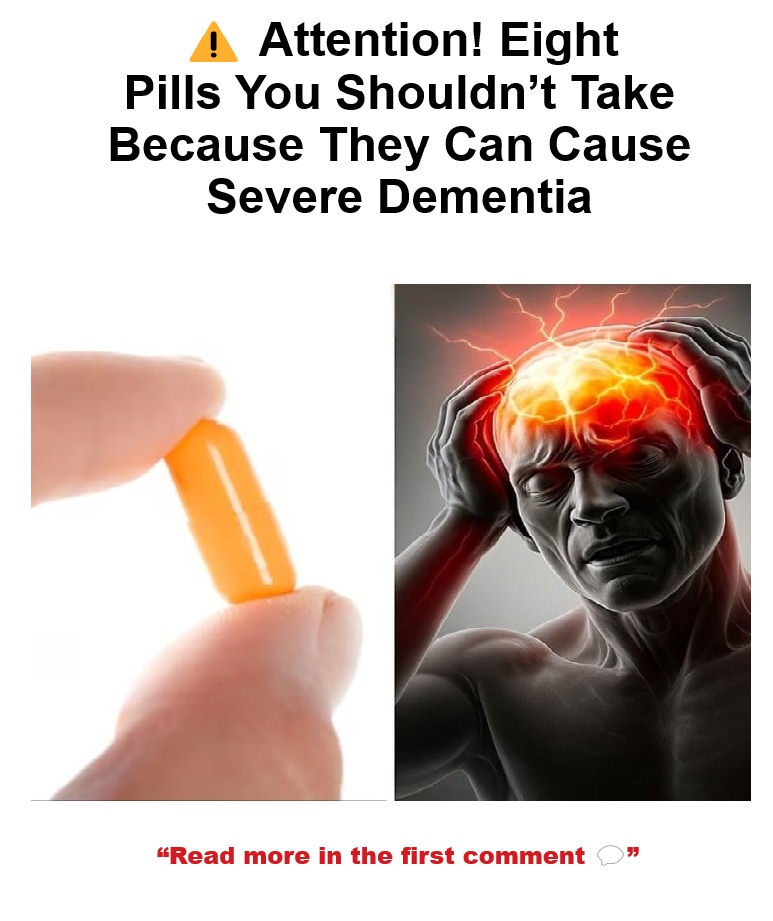Corticosteroids and the Brain
Corticosteroids are prescribed for many inflammatory and autoimmune diseases. However, long-term use—especially oral intake—can cause serious side effects such as disorientation, anxiety, and depression. According to a British study, prolonged corticosteroid use raises the risk of developing dementia.
Benzodiazepines: A Silent Threat to Memory
Benzodiazepines, including alprazolam and diazepam, are used to treat insomnia and anxiety. While beneficial in the short term, long-term use increases the risk of Alzheimer’s disease and causes permanent brain damage.
Studies show that up to 40% of patients using benzodiazepines report various neurological effects, including difficulty concentrating.
They are also linked to increased risks of physical and psychological dependence, making it very hard for patients to stop. To manage anxiety and insomnia, doctors are increasingly considering non-drug approaches such as behavioral therapy.
Amphetamines and the Memory Trap
Amphetamines are used to treat ADHD. While they may temporarily boost focus, persistent use can cause memory loss and other long-term cognitive impairments.
They also carry risks of physical and emotional dependence and can lead to serious complications such as cardiac arrhythmias.
This makes careful monitoring by healthcare providers essential. Non-pharmacological interventions, such as behavioral treatment, should also be considered.
